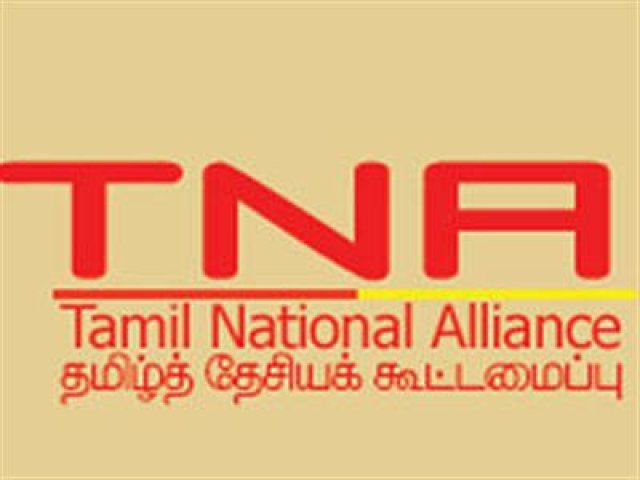
Tamil National Alliance (TNA) member of the Sri Lankan parliament M. A. Sumanthiran, addressed a meeting organised by the Australian Tamil Congress on March 26.
He said that even though Tamils in Sri Lanka are a nation with the right to self-determination, the formation of a separate state is not a realistic option because of the opposition of the “international community”.
Article 1 of the United Nations charter speaks of the right of self-determination of peoples. However, in the 1960s the UN General Assembly put some restrictions on this right.
The UN says minorities within a former colony that has become independent (such as the Tamils in Sri Lanka) have no right to secede, but have the right to “internal self-determination”. This could mean a federal structure.
Sumanthiran said the TNA’s policy is that Tamils have no choice but to accept this limitation and campaign for a federal structure in Sri Lanka, rather than complete independence.
Sri Lankan president Mahinda Rajapaksa has until recently rejected any talk of federalism. He denied that there was any ethnic problem in Sri Lanka, and claimed to have freed Tamils from "terrorists" (meaning the Liberation Tigers of Tamil Eelam, who were fighting for an independent Tamil state but were defeated in 2009).
However, most Tamils rejected Rajapaksa in the 2010 Sri Lankan presidential elections, and voted for the TNA in the subsequent parliamentary elections and the recent local elections.
Rajapaksa has recently started talking with the TNA. However, the Sri Lankan Army is still building new bases in the Tamil areas of north-eastern Sri Lanka.
Houses are being built for soldiers' families, while the original Tamil residents cannot return to their homes.